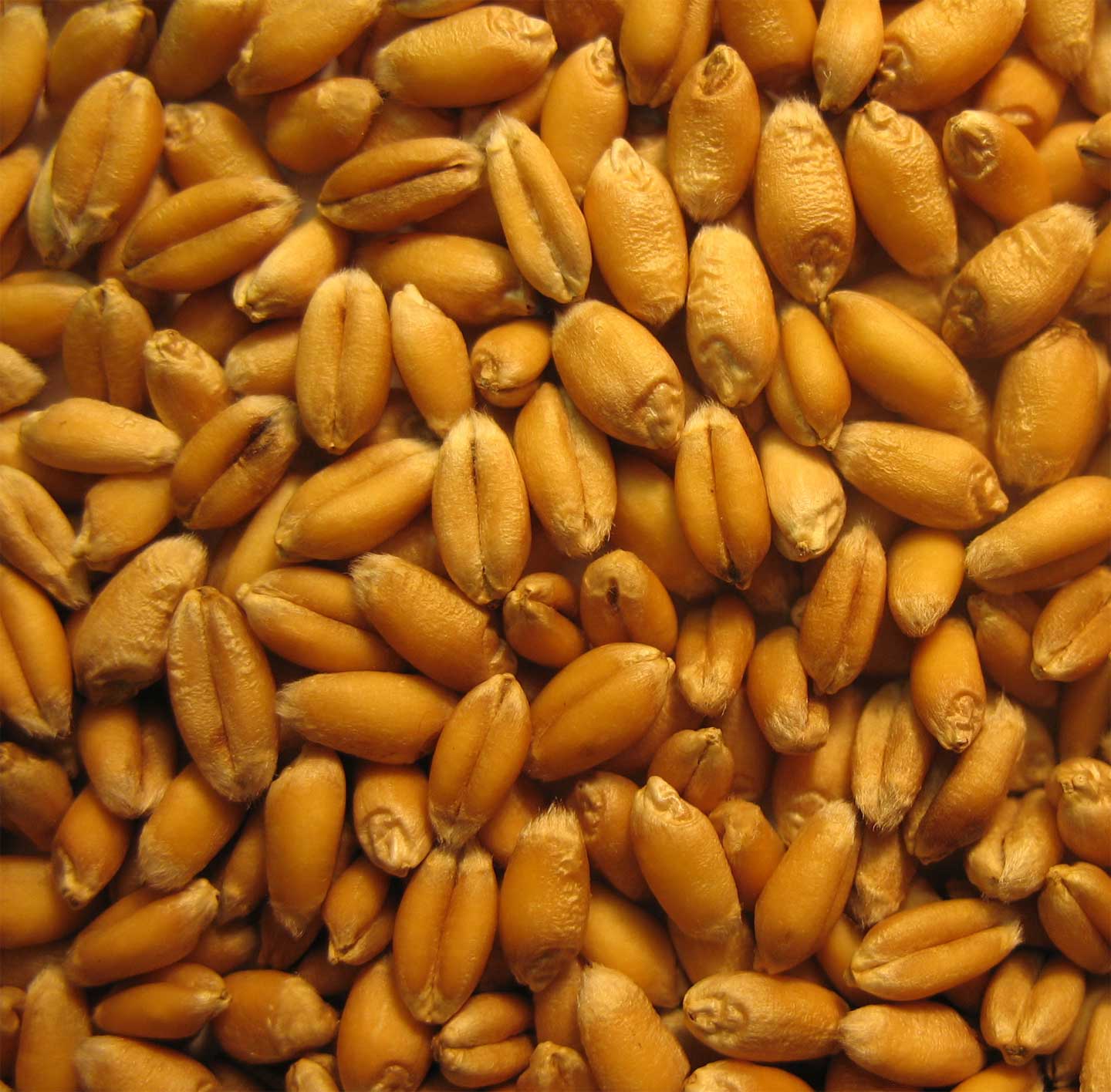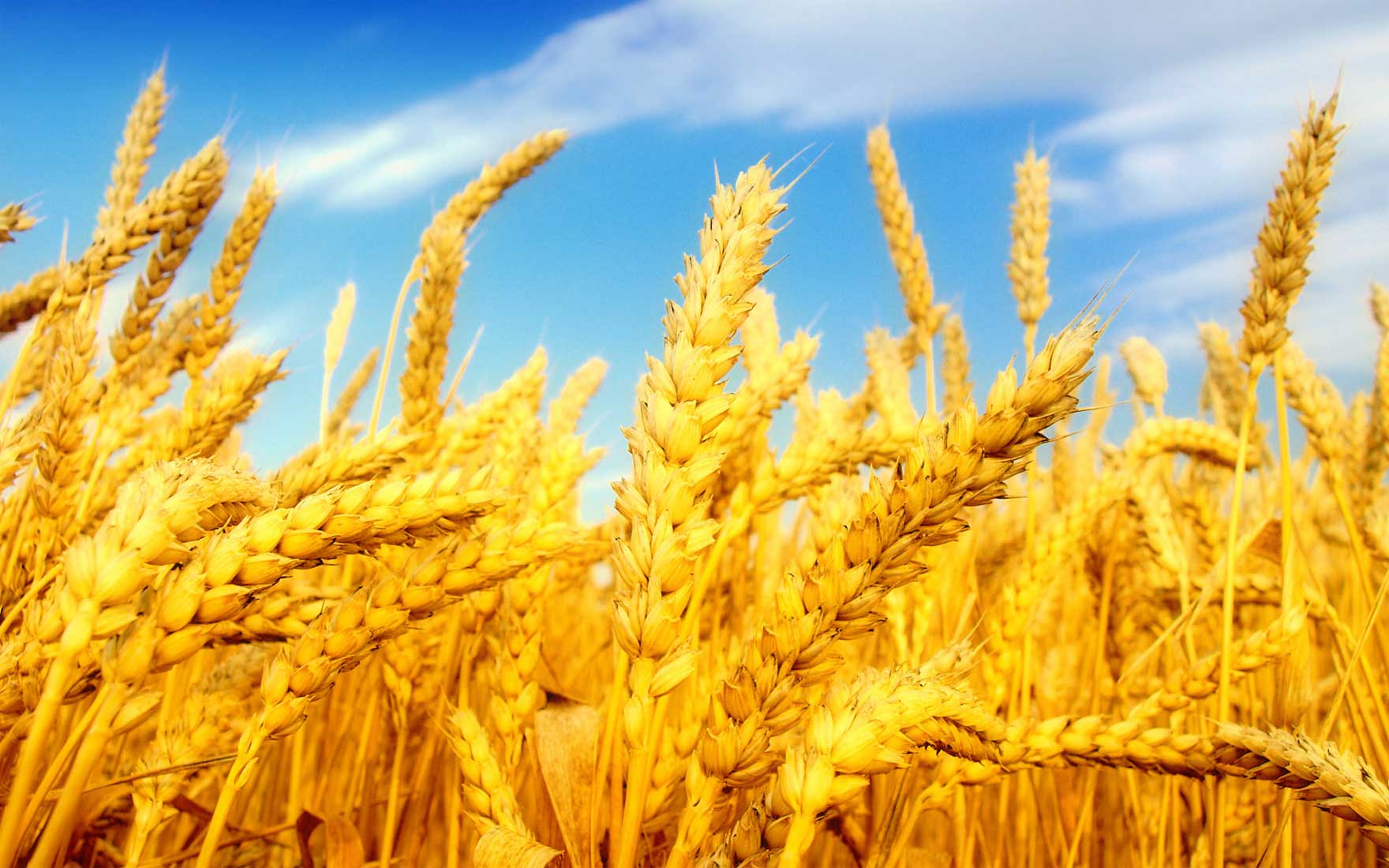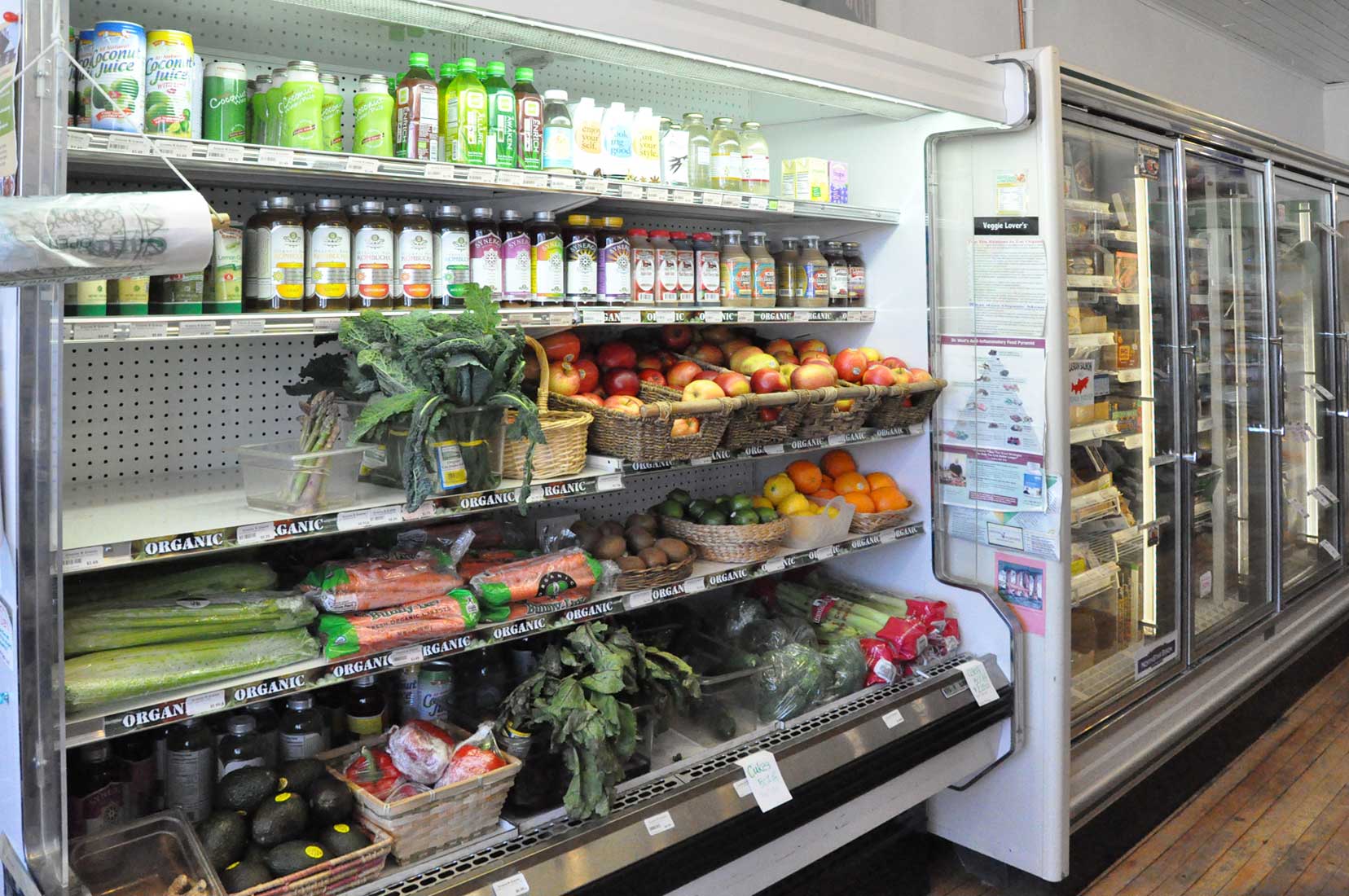From SmartPlanet.com
By Melissa Mahony
Along with drought and blight worries, stressing about future fossil fuel prices and availability keeps many farmers counting sheep at night.
Conventional farmers in the United States use a lot of fossil fuels, and not just in tractors. Through petrochemicals comprising synthetic fertilizers, weed killers and insecticides, fossil fuels can help boost crop yields. These practices allow the agricultural industry to grow food at low monetary prices (though not low environmental and health costs).
Contemplating future uncertainties such as climate legislation and oil and gas prices, agronomists at Iowa State University have spent 6 years sizing up some alternatives. In a study published yesterday in Agronomy Journal, they tested planting and fertilizing methods to see how our farmlands could produce food without relying so heavily on fossil fuels.
The results were bountiful.
Compared with the typical two-year rotations of corn and soybeans, the more diverse crop systems (more crops, more rotations, more manure) yielded as much or more corn and soybeans. Further, they required much less petrochemicals.
 For a four-year rotation of corn-soybean-small grain/alfalfa-alfalfa, herbicide use decreased by 85 percent between 2003 and 2008. The amount of nitrogen-based fertilizers fell by 78 percent. Bacteria found on the roots of alfalfa plants aids nitrogen fixation in the soil.
For a four-year rotation of corn-soybean-small grain/alfalfa-alfalfa, herbicide use decreased by 85 percent between 2003 and 2008. The amount of nitrogen-based fertilizers fell by 78 percent. Bacteria found on the roots of alfalfa plants aids nitrogen fixation in the soil.
Herbicide and fertilizer use within a three-year rotation of corn-soybean/small grain/red clover dropped by 80 and 66 percent, respectively.
Now let’s talk manure. Depending on location, this natural fertilizer can be expensive. But diversifying the farm with some livestock means free manure. Under these circumstances, the excrement might return almost $250 per acre.
Professor Matthew Liebman in a statement:
It’s hard to predict the exact details of what the future will bring us. But results of this study show that we do have options for maintaining high farm productivity and profitability while substantially reducing our dependence on fossil energy.
While these systems lowered fossil fuel costs, they are much more labor-intensive. According to the researchers, most of the extra work was not necessary during the seasonal activities for corn and soybean production.
Image: David N. Sundberg







